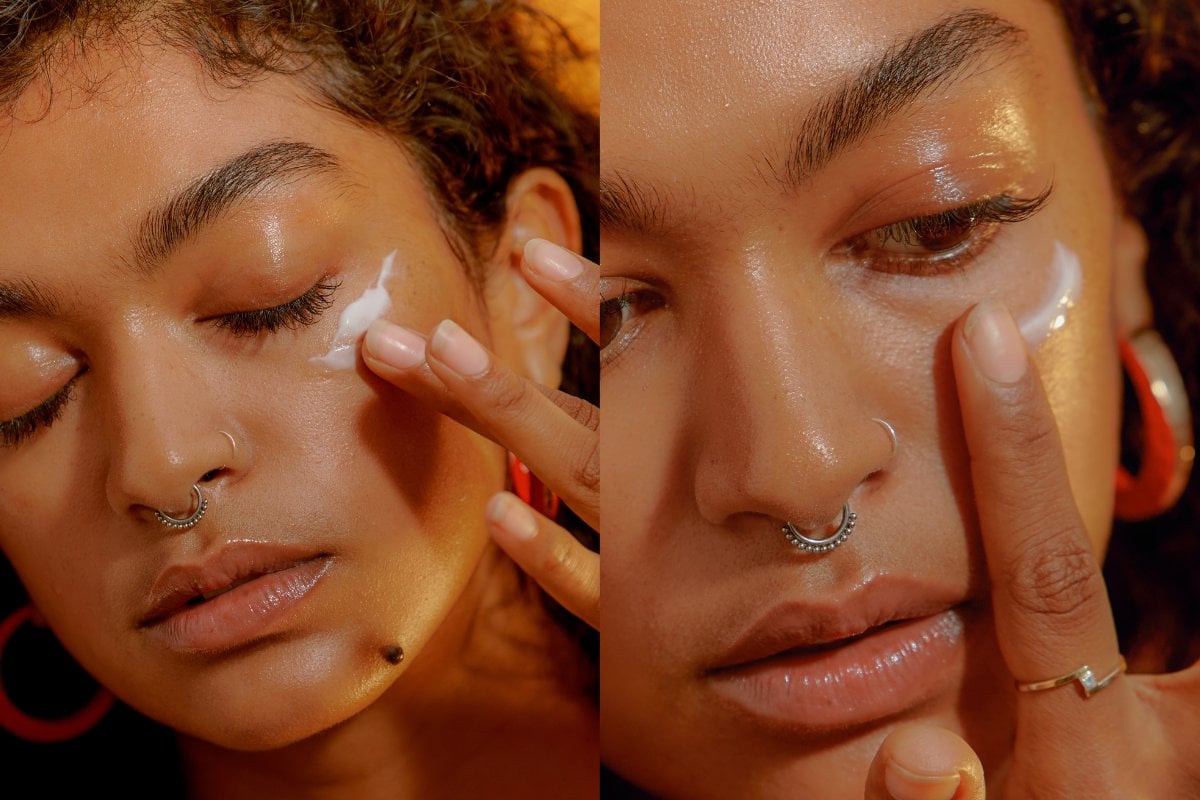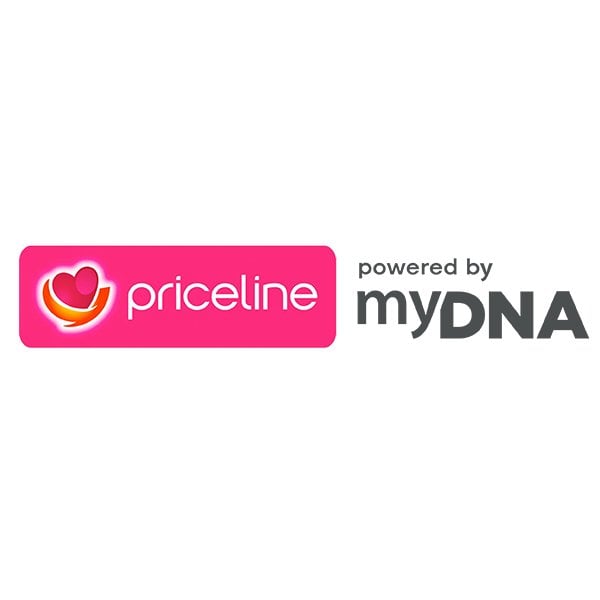

In 2023, beauty is no longer a one-size-fits-all kind of deal. We have apps that can allow us to virtually try on makeup before we buy it. AI stores that allow us to shop beauty counters without leaving the comfort of our sofa. Hair tools that adjust to our own specific hair type. And now, genetic-based skincare.
Yes, really.
Offering completely bespoke formulas made specifically for your skin and your concerns, DNA analysis is the future of skincare. And with the rise of highly personalised and customisable skincare, it's becoming more popular than ever.
Exhibit A: Priceline Know your Skin Genetic Test Kit (powered by myDNA).
So, what exactly is DNA-based skincare? And how do we... reap the benefits of it?
Well, good news. We spoke with Dr Carlotta Petti, PhD. Scientific Director, Nutrigenomics at myDNA, and asked her absolutely ALL of the questions on DNA-based skincare – including the benefits and what's involved.
Psst... you're going to want to sit down for this.
Ready? Great! Off we go.
Why is DNA-based skincare so popular?
The appetite for DNA-based skincare is growing rapidly. In the last few years, there has been massive advances in the development of technology – particularly in the beauty world, which has "really translated into the ability to provide further customisation and personalisation," shares Dr Petti.